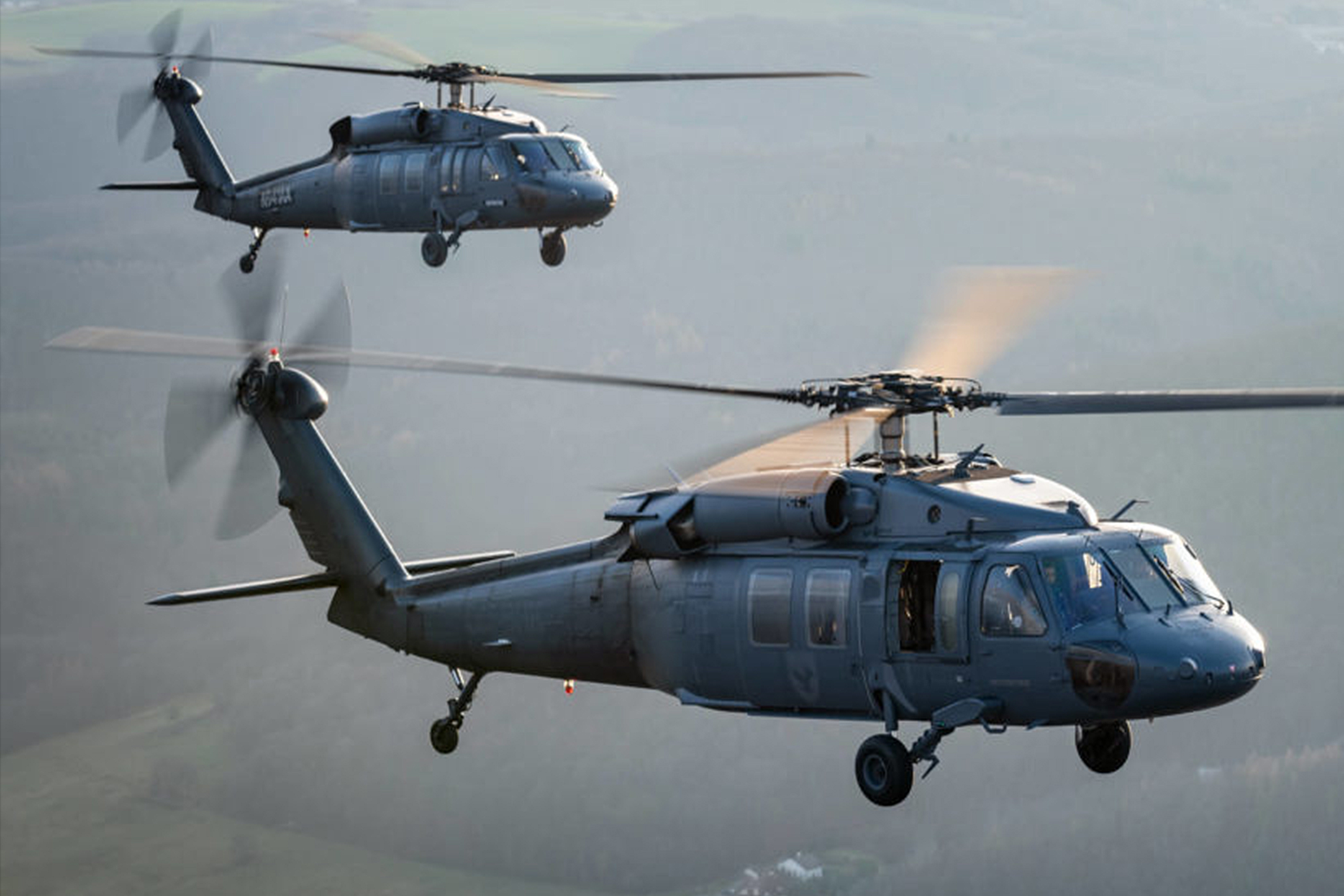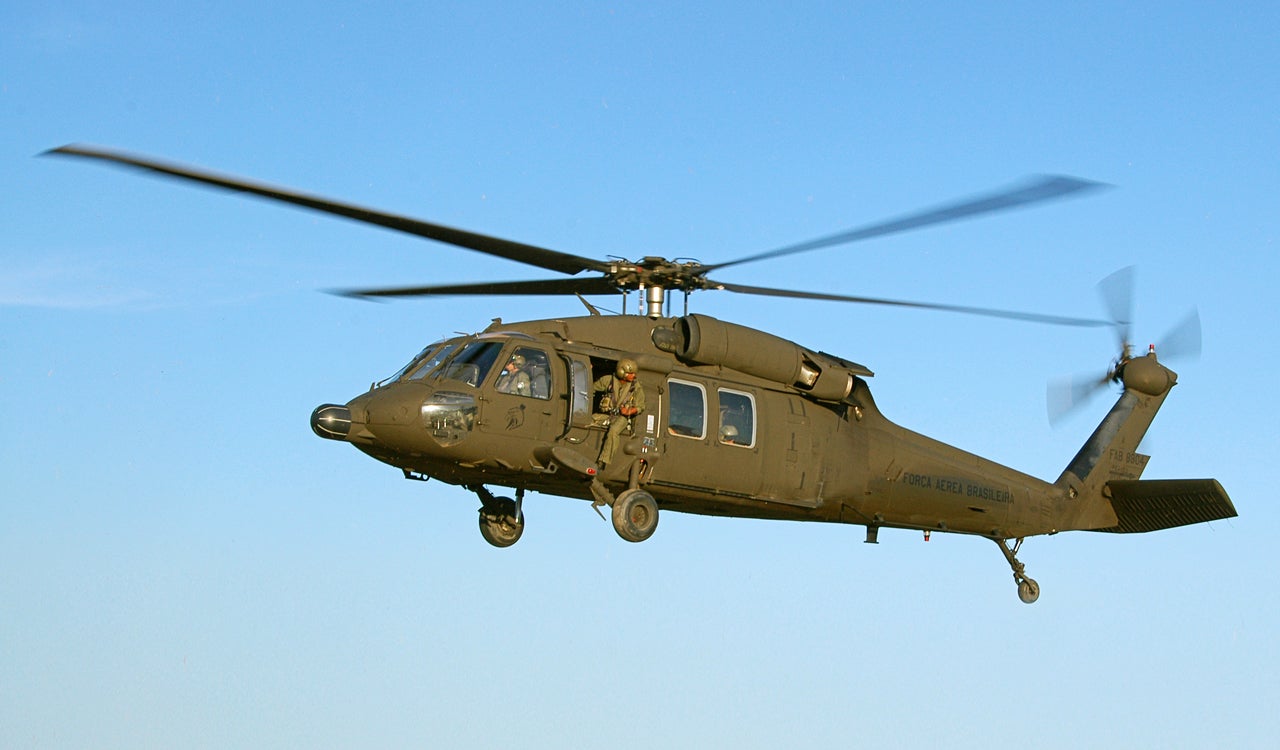UH 60 Black Hawk Helicopter Versions and Their Uses
UH 60 Black Hawk Helicopter Versions and Their Uses
Blog Article
The Influence of Sustainable Practices on the Future of Airplane Procedures and Emissions Decrease
As the aviation industry faces enhancing examination over its ecological impact, the adoption of lasting techniques arises as a vital path towards future airplane procedures and emissions reduction. Technologies in sustainable aeronautics fuels and innovations in hybrid propulsion innovations stand at the forefront of this improvement, appealing substantial reductions in greenhouse gas exhausts.

Summary of Sustainable Practices
Sustainable methods in aircraft procedures incorporate a variety of approaches targeted at lowering ecological influence while maintaining operational efficiency. These practices are important in the aviation sector's commitment to decreasing its carbon footprint and sticking to international environmental requirements. Trick efforts include maximizing flight courses to minimize fuel consumption, boosting maintenance methods to guarantee aircraft operate at peak performance, and carrying out advanced modern technologies such as winglets and light-weight materials that improve the rules of aerodynamics.

Engaging and training team on sustainability practices likewise play an essential role, promoting a culture of ecological responsibility within organizations. Generally, the combination of these sustainable methods not just assists minimize emissions yet additionally enhances the long-term feasibility of the aeronautics field, guaranteeing it fulfills the needs of both customers and governing bodies while adding to worldwide sustainability goals.
Ingenious Fuel Alternatives
Various innovative fuel choices are arising as critical remedies to decrease the air travel market's reliance on conventional fossil fuels. Amongst these options, Lasting Aeronautics Gas (SAFs) have actually gotten considerable focus due to their possible to lower lifecycle greenhouse gas emissions by up to 80% contrasted to conventional jet gas. SAFs are derived from different feedstocks, including waste oils, agricultural deposits, and also algae, making them a functional alternative for the sector.
An additional promising alternative is hydrogen gas, which, when utilized in fuel cells, produces only water vapor as a byproduct. In addition, electric propulsion systems are being explored, leveraging battery modern technology to power airplane.
Last but not least, biofuels originated from biomass are being checked out, providing an eco-friendly option that can be combined with typical gas. Jointly, these innovative gas alternatives stand for an essential action towards achieving a lasting aeronautics ecological community, aligning with worldwide exhausts decrease targets and enhancing the market's environmental stewardship.
Technical Advancements in Aeronautics

How can technological improvements reshape the future of aviation? The combination of cutting-edge modern technologies is critical in transforming aircraft operations, improving effectiveness, and decreasing exhausts. Innovations such as hybrid and electrical propulsion systems are at the leading edge, encouraging substantial reductions in gas consumption and greenhouse gas emissions. These systems utilize advancements in battery technology and energy management, making it possible for airplane to operate with a reduced environmental impact.
In addition, the application of sophisticated products, such as lightweight compounds, adds to boosted aerodynamics and fuel effectiveness. Making use see this site of synthetic knowledge and device knowing in trip procedures maximizes course planning and lowers gas burn by enabling real-time changes based upon climate and website traffic problems. In addition, the growth of autonomous and from another location piloted aircraft systems stands to reinvent freight and passenger transportation, potentially boosting performance while minimizing human error.
Moreover, lasting aviation innovations, consisting of sophisticated air website traffic monitoring systems, can decrease and streamline operations blockage, resulting in lower emissions during flight. These advancements jointly represent a standard shift in air travel, guaranteeing a future where sustainability and operational efficiency are linked, thus sustaining the sector's dedication to minimizing its ecological effect.

Regulative Structure and Conformity
In light of the expanding focus on ecological stewardship within the air travel sector, the governing framework controling airplane operations is evolving to advertise sustainable methods. Regulatory bodies, such as the International Civil Aviation Organization (ICAO) and various nationwide air travel authorities, are introducing stringent standards targeted at minimizing discharges and boosting functional effectiveness.
These policies commonly consist of the adoption of Lasting Aviation Fuel (SAF), which has actually been identified as a crucial part in achieving lower carbon impacts. Compliance with these regulations calls for airlines to implement operational methods and advanced modern technologies, such as maximized flight paths and boosted air web traffic monitoring, to lessen gas intake.
Additionally, the enforcement of discharges trading schemes and carbon countering efforts is coming to be significantly common, compelling airlines to keep track of and report their exhausts precisely. Non-compliance can lead to substantial fines, hence pressing operators to focus on sustainability in their company models.
Inevitably, the progressing regulative landscape not only drives development and investment in green technologies yet likewise fosters a culture of liability within the aviation sector. As these frameworks remain to develop, the concentrate on sustainable practices will certainly be important to attaining the market's lasting environmental objectives.
Future Trends in Airplane Procedures
As the aeronautics sector adapts to an increasingly rigid regulatory atmosphere, future trends in aircraft operations are readied to focus on ingenious solutions that better enhance sustainability and effectiveness - uh 60. Trick developments will likely include the fostering of advanced air website traffic monitoring systems, which utilize real-time information and fabricated knowledge to maximize trip paths, lowering fuel consumption and exhausts
An additional substantial find more information pattern is the increased assimilation of sustainable aeronautics gas (SAFs) These alternatives to conventional jet fuel, acquired from eco-friendly sources, can significantly reduce lifecycle greenhouse gas exhausts. The sector's dedication to SAFs will likely accelerate as airlines work together with fuel manufacturers to make sure availability and cost-effectiveness.
In addition, the push in the direction of electrification and crossbreed propulsion systems is getting momentum. Arising aircraft hop over to here layouts will incorporate these modern technologies, providing quieter and much more effective operations, particularly for short-haul flights.
Final Thought
The fostering of sustainable aeronautics fuels, paired with developments in hybrid and electrical propulsion systems, is necessary for reducing lifecycle greenhouse gas emissions. Maximizing flight paths and welcoming innovative innovations contribute to a quieter and much more eco pleasant air travel market.
Developments in lasting aeronautics gas and innovations in crossbreed propulsion innovations stand at the leading edge of this transformation, appealing significant decreases in greenhouse gas discharges.Numerous innovative gas options are emerging as pivotal solutions to lower the aviation industry's reliance on conventional fossil fuels - uh 60. Among these choices, Sustainable Aeronautics Fuels (SAFs) have obtained significant focus due to their prospective to reduce lifecycle greenhouse gas emissions by up to 80% contrasted to standard jet fuels.One more considerable pattern is the enhanced integration of sustainable aeronautics fuels (SAFs) The adoption of sustainable air travel gas, coupled with advancements in electric and hybrid propulsion systems, is crucial for minimizing lifecycle greenhouse gas discharges
Report this page